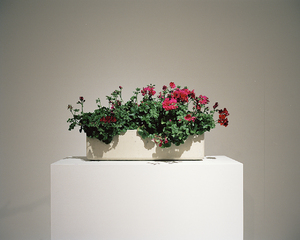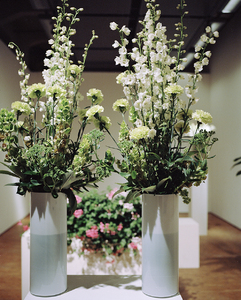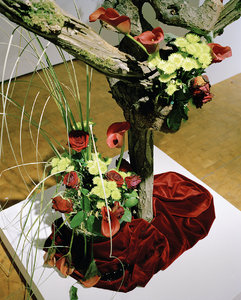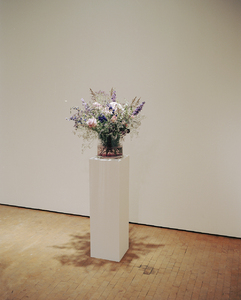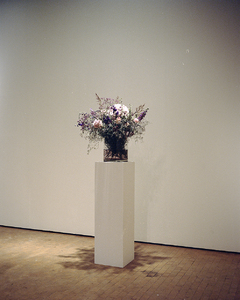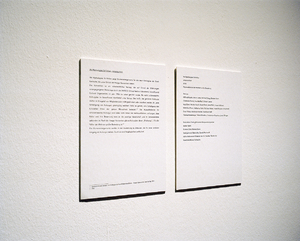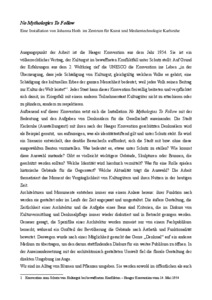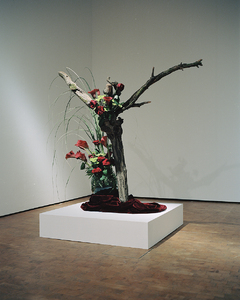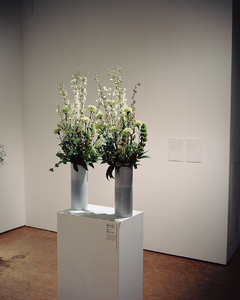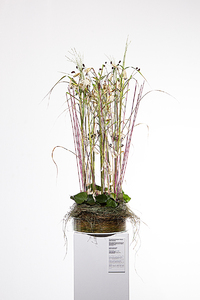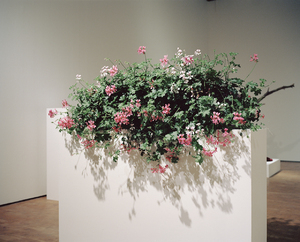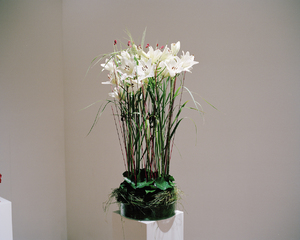"HfG Website"
| Begriff | HfG Website |
| Metakey | Freigabe Nutzung HfG (rights:usage_hfg) |
| Typ | Keyword |
| Vokabular | Rechte |
1864 Inhalte
- Seite 1 von 156
Tag 1
- Titel
- Tag 1
- Autor/in
- Kategorie
- Typ des Projekts/Werks
- Schlagworte
- Titel
- Tag 1
- Titel (en)
- Day 1
- Urheberrechtshinweis
- © Johanna Hoth, Wataru Murakami
- Rechtsschutz/Lizenz
- Freigabe Nutzung HfG
- Medienersteller/in
- Beziehung/Funktion
- Semester
- Studiengang
- Typ der Abschlussarbeit
- Importiert am
- 30.07.2024
- Übergeordnete Sets
- 1
Tag 2
- Titel
- Tag 2
- Autor/in
- Kategorie
- Typ des Projekts/Werks
- Schlagworte
- Titel
- Tag 2
- Titel (en)
- Day 2
- Urheberrechtshinweis
- © Johanna Hoth, Wataru Murakami
- Rechtsschutz/Lizenz
- Freigabe Nutzung HfG
- Medienersteller/in
- Beziehung/Funktion
- Semester
- Studiengang
- Typ der Abschlussarbeit
- Importiert am
- 30.07.2024
- Übergeordnete Sets
- 1
Tag 5
- Titel
- Tag 5
- Autor/in
- Kategorie
- Typ des Projekts/Werks
- Schlagworte
- Titel
- Tag 5
- Titel (en)
- Day 5
- Urheberrechtshinweis
- © Johanna Hoth, Wataru Murakami
- Rechtsschutz/Lizenz
- Freigabe Nutzung HfG
- Medienersteller/in
- Beziehung/Funktion
- Semester
- Studiengang
- Typ der Abschlussarbeit
- Importiert am
- 30.07.2024
- Übergeordnete Sets
- 1
Tag 4
- Titel
- Tag 4
- Autor/in
- Kategorie
- Typ des Projekts/Werks
- Schlagworte
- Titel
- Tag 4
- Titel (en)
- Day 4
- Urheberrechtshinweis
- © Johanna Hoth, Wataru Murakami
- Rechtsschutz/Lizenz
- Freigabe Nutzung HfG
- Medienersteller/in
- Beziehung/Funktion
- Semester
- Studiengang
- Typ der Abschlussarbeit
- Importiert am
- 30.07.2024
- Übergeordnete Sets
- 1
Tag 1
- Titel
- Tag 1
- Autor/in
- Kategorie
- Typ des Projekts/Werks
- Schlagworte
- Titel
- Tag 1
- Titel (en)
- Day 1
- Urheberrechtshinweis
- © Johanna Hoth, Wataru Murakami
- Rechtsschutz/Lizenz
- Freigabe Nutzung HfG
- Medienersteller/in
- Beziehung/Funktion
- Semester
- Studiengang
- Typ der Abschlussarbeit
- Importiert am
- 30.07.2024
- Übergeordnete Sets
- 1
Tag 4
- Titel
- Tag 4
- Autor/in
- Kategorie
- Typ des Projekts/Werks
- Schlagworte
- Titel
- Tag 4
- Titel (en)
- Day 4
- Urheberrechtshinweis
- © Johanna Hoth, Wataru Murakami
- Rechtsschutz/Lizenz
- Freigabe Nutzung HfG
- Medienersteller/in
- Beziehung/Funktion
- Semester
- Studiengang
- Typ der Abschlussarbeit
- Importiert am
- 30.07.2024
- Übergeordnete Sets
- 1
Konzepttext
- Titel
- Konzepttext
- Autor/in
- Kategorie
- Typ des Projekts/Werks
- Schlagworte
- Titel
- Konzepttext
- Urheberrechtshinweis
- © Johanna Hoth
- Rechtsschutz/Lizenz
- Freigabe Nutzung HfG
- Medienersteller/in
- Beziehung/Funktion
- Semester
- Studiengang
- Typ der Abschlussarbeit
- Importiert am
- 30.07.2024
- Übergeordnete Sets
- 1
Tag 1
- Titel
- Tag 1
- Autor/in
- Kategorie
- Typ des Projekts/Werks
- Schlagworte
- Titel
- Tag 1
- Titel (en)
- Day 1
- Urheberrechtshinweis
- © Johanna Hoth, Wataru Murakami
- Rechtsschutz/Lizenz
- Freigabe Nutzung HfG
- Medienersteller/in
- Beziehung/Funktion
- Semester
- Studiengang
- Typ der Abschlussarbeit
- Importiert am
- 30.07.2024
- Übergeordnete Sets
- 1
Tag 4
- Titel
- Tag 4
- Autor/in
- Kategorie
- Typ des Projekts/Werks
- Schlagworte
- Titel
- Tag 4
- Titel (en)
- Day 4
- Urheberrechtshinweis
- © Johanna Hoth, Wataru Murakami
- Rechtsschutz/Lizenz
- Freigabe Nutzung HfG
- Medienersteller/in
- Beziehung/Funktion
- Semester
- Studiengang
- Typ der Abschlussarbeit
- Importiert am
- 30.07.2024
- Übergeordnete Sets
- 1
No Mythologies to Follow - Einzelansichten Wataru Murakami
- Titel
- No Mythologies to Follow - Einzelansichten Wataru Murakami
- Autor/in
- Kategorie
- Typ des Projekts/Werks
- Schlagworte
- Titel
- No Mythologies to Follow - Einzelansichten Wataru Murakami
- Urheberrechtshinweis
- © Johanna Hoth, Wataru Murakami
- Rechtsschutz/Lizenz
- Freigabe Nutzung HfG
- Medienersteller/in
- Beziehung/Funktion
- Semester
- Studiengang
- Typ der Abschlussarbeit
- Importiert am
- 30.07.2024
- Übergeordnete Sets
- 1
Tag 3
- Titel
- Tag 3
- Autor/in
- Kategorie
- Typ des Projekts/Werks
- Schlagworte
- Titel
- Tag 3
- Titel (en)
- Day 3
- Urheberrechtshinweis
- © Johanna Hoth, Wataru Murakami
- Rechtsschutz/Lizenz
- Freigabe Nutzung HfG
- Medienersteller/in
- Beziehung/Funktion
- Semester
- Studiengang
- Typ der Abschlussarbeit
- Importiert am
- 30.07.2024
- Übergeordnete Sets
- 1
Tag 3
- Titel
- Tag 3
- Autor/in
- Kategorie
- Typ des Projekts/Werks
- Schlagworte
- Titel
- Tag 3
- Titel (en)
- Day 3
- Urheberrechtshinweis
- © Johanna Hoth, Wataru Murakami
- Rechtsschutz/Lizenz
- Freigabe Nutzung HfG
- Medienersteller/in
- Beziehung/Funktion
- Semester
- Studiengang
- Typ der Abschlussarbeit
- Importiert am
- 30.07.2024
- Übergeordnete Sets
- 1
